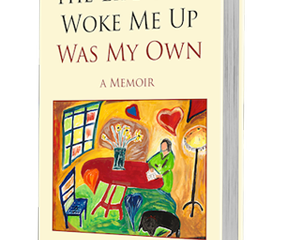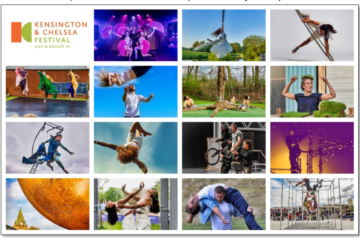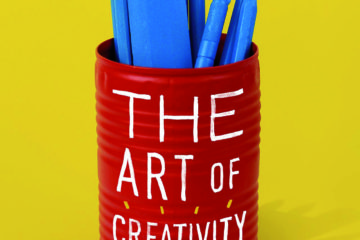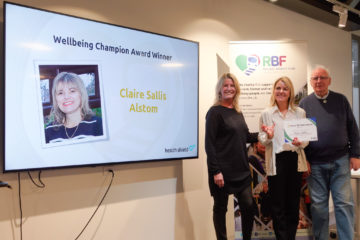Forgiving an abuser: why it’s possible and how to do it by Pam Rowe:
Forgiveness doesn’t mean I have forgotten
Author and deeply compassionate soul, Pam Rowe, who is the author of the book Clear Water, is the very first guest contributor of 2019 on Shine! magazine.
Pam is a very inspirational woman who suffered an extremely traumatic childhood which included being beaten by her aunt and raped and abused by several different men – one of which was her father.
She suffered terrible trauma – but her story is one of hope. She is now trying hard to make a difference in other people’s lives so they don’t have to go through the same.
She has written a memoir about her experiences, Clear Water and we highly recommend it. Buy if for yourself, a friend or family member or anyone who needs words of hope and inspiration when facing a difficult past or present.
Pam writes: “I don’t hold a view that forgiveness means I have forgotten. How could I? The things that happened were too painful and what I had to do to heal myself was far too extensive for me to forget. Further, to forget would mean a psychological state of denial and self-deception which would not serve me or others well. Forcing myself not to remember what happened and how it felt could even mean that I could perpetuate the abuses that I experienced. I don’t think I could forget even if I tried. My will is too strong to believe the injustices were an illusion or didn’t happen.
What it feels like to forgive
What I know about forgiveness is that I feel better and lighter for it. It’s such a relief not to be carrying the wretchedness of deep anger or the open wounds of the pain. The joy that I feel now is like no other. The place that forgiveness has taken me is to one where I can see the value of the experience and the learning that I can impart to others as a result. I know it seems odd to say abuse gave me strength, but it has. I am not saying anyone should be abused to be strong, but I do know that after enduring what I did, I understand my strength and from this position, I can powerfully transform the lives of others with similar experiences.
What happened and what I understand as a result
As a child, I endured emotional, sexual and extreme physical abuse at the hands of family members and strangers. What it taught me is that there is no doubt that there are people so damaged that they abuse children, those that are vulnerable. I suspect this is the story of the adults who harm other adults too. Damaged people, harming others.
My experiences made it clear to me that there should be nothing that prevents these people from being given clear ‘stop’ messages, whether it’s prevention, education, prison or therapy. Further, each of us should exercise our responsibility to stop them. So, if we know someone who is being subjected to abuse whether it’s on a child, a woman or anyone, it’s not Okay to ignore it, we should intervene.
What was the impact
For me, there were many years of believing that something was wrong with me to have merited abusive treatment almost from the time I was born and experienced my mother leaving me. Without understanding her reasons, I entertained the thought that I may not be worthy. Despite pushing through to achieve academically, I knew I was under-functioning. The relationships I chose in adulthood was good evidence of my lack of self-worth.
The journey to forgiveness
I didn’t realise how much talking to my adult friends about the abuse I encountered as a child was a helpful part of healing and a significant portion of the journey to forgiveness. However, there came a time I needed more help. I know this because I saw that I was reacting disproportionately to minor insults. This led me to seek therapy.
The therapy helped me see the detrimental long-term effects on me, how much it damaged my self-esteem. Acknowledging this was an essential step to being able to forgive. Understanding the link between my experiences and my lack of self-love was pivotal.
To extend beyond myself in my recognition journey was perhaps the most vital component to forgiving. My therapist encouraged me to look at the lives of the people who abused me. This seemed a strange thing to do, and I did so reluctantly. What I saw was that they were damaged and traumatised. Without any help to heal and to understand themselves, they perpetrated abuse just like they may have experienced.
Compassion – a vital ingredient in forgiveness
When I realised that those who abused me experienced abuse, deprivation and traumatic experience themselves I could do nothing other than to have compassion for them.
In my book, Clear Water I write about watching my father experience pain before he died. I found that I could not sit by and watch this without trying to do something to ease it. Perhaps it was because of the pain I endured that I knew the utter despair emotional and physical pain leaves behind. I knew that easing it was necessary and the only way I could was to tell him that I forgave him. It means I had decided to release him from the grip of guilt or evil. I think this helped him as he died soon after. Giving him back the burden of the pain he caused was like handing him back the baton, and I won the race.
How is it possible to forgive? By taking the steps that I have outlined. I know no other route to forgiveness.
Clear Water, a memoir byPam Rowe is out now, priced £16.99. To find out more go to: http://www.pamrowe.com/













